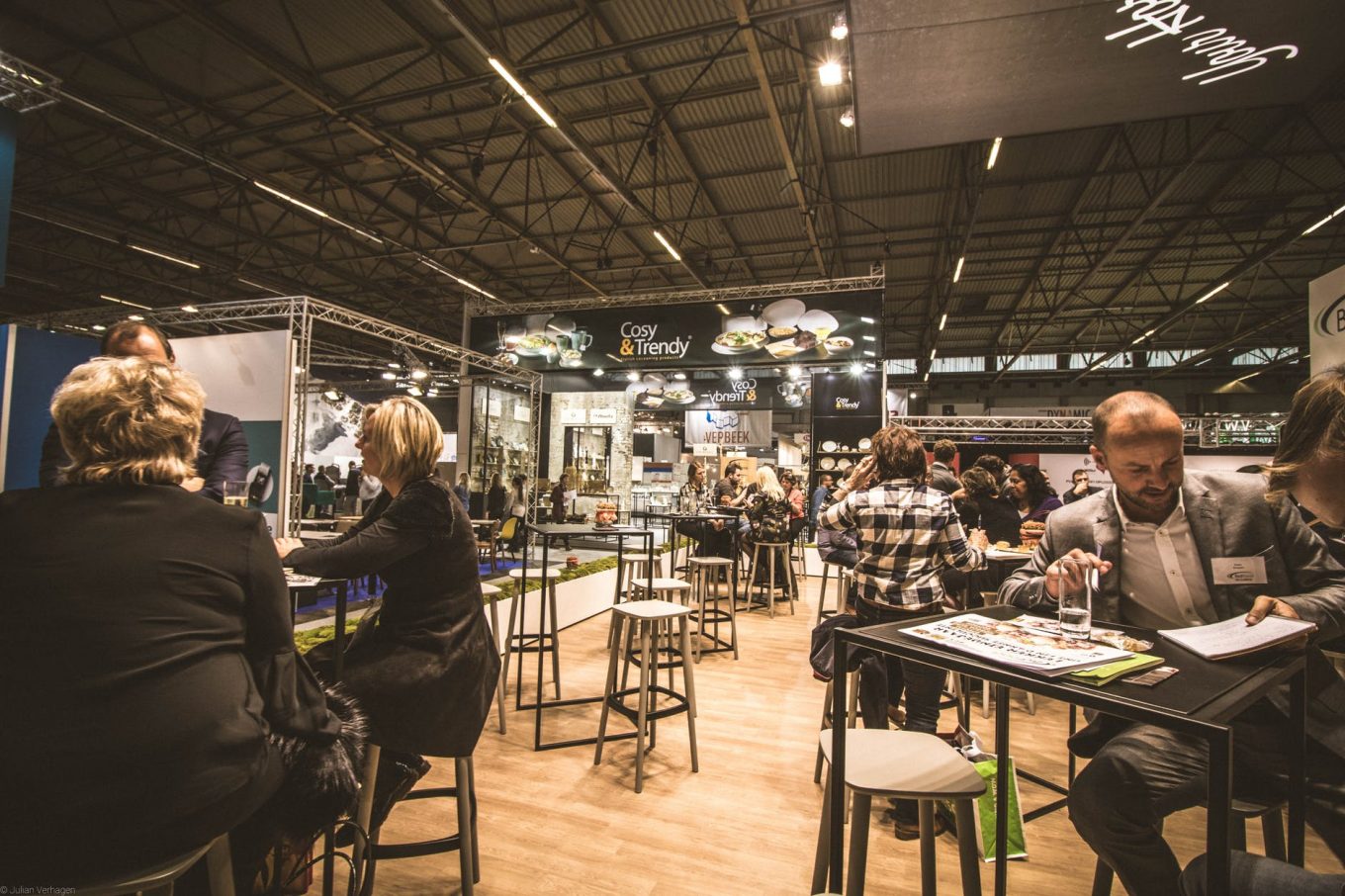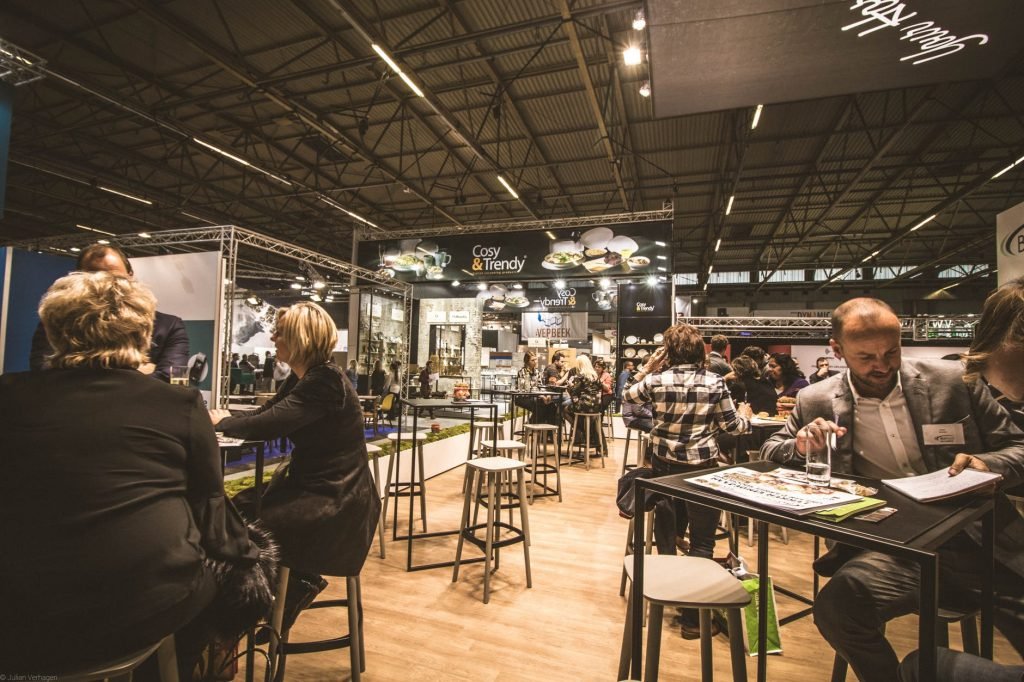
Loved by some and despised by others, networking is here to stay. It’s an activity where you go to an event of some sort and put yourself out there. Your aim is to meet people that will be able to extend the opportunities that you have in some way or another. The problem is that it doesn’t always work like that. We go to events and we may meet no one that is of interest, and the people that we meet may have lives that are entirely at a tangent to our own. This is not helpful to us. Yet networking can still be helpful, if we approach it more scientifically, as Greg Satell (2015) of Digital Tonto points out.
As Satell argues: “Network science shows that there is enormous potential much closer to home – the friends of our friends and their friends as well.”
As he explains, these people are not random, but are relatively close to us, and we can form great connections with them. This means starting with these people rather than attending the random events, for greater chances of success. It is argued that there is some scientific grounding for thinking that random connections could be helpful. Mathematical theories have shown that random links can indeed be very good at that, especially when networks are very large. The problem is that social networks are not like that. We are quite simply more likely to meet friends of friends and their friends and connect with them, than we are to connect with random people.
The science behind networking with friends of friends shows that while we may only have a few close friends, this group links us to a very helpful and deep network that we may not be particularly conscious of. This is likely to be more beneficial to us than random people because we are more likely to have things in common with friends of friends than with strangers. It makes sense that looking to these types of relationships first may be more effective. Indeed, the example of a study carried out by Sandy Pentland at MIT showed that social events did not really impact social networks, while increasing lunch table size and sending people together on breaks did have a big impact.
Turning to networking specifically for work, a study by a sociologist called Mark Granovetter showed that people did not get jobs through random people in most cases. Nor did they find them through their close friends. It turned out that it was far more likely that they would find opportunities through second degree and third degree connections of the type that we are discussing. It is argued that friends of friends have access to different information than we do. While they are vaguely connected to us they are also moving in other places and know more about things that we may not be aware of. It is explained that this effect was termed: “The Strength of Weak Ties”. Friends or friends were found to have put in a good word for those getting a job in more cases than in other situations.
For these reasons it is argued that we are better off focusing our networking energies on the friends of our friends. Rather than heading to expensive conferences or walking into uncomfortable events full of strangers and trying to show your best side, you would probably be better placed in seeking out friends of friends that have influence in the area that you are interested in. They are more likely to help us, because they have a sort of bond to us, and this can help us to move forward. They are also a source of great information that we may not have even anticipated. Because these people are friends of friends also have a greater interest in whether we succeed in our endeavours than a random person that we meet at a conference might. They are more likely to put themselves out there for you.
So next time you’re thinking of going to that business networking event, maybe you should just get a group of friends and their friends out for a social occasion instead. You may well find that the world opens up if you do.
Read More:
why are mobile devices critical to a digital forensics investigation?

Paula Newton is a business writer, editor and management consultant with extensive experience writing and consulting for both start-ups and long established companies. She has ten years management and leadership experience gained at BSkyB in London and Viva Travel Guides in Quito, Ecuador, giving her a depth of insight into innovation in international business. With an MBA from the University of Hull and many years of experience running her own business consultancy, Paula’s background allows her to connect with a diverse range of clients, including cutting edge technology and web-based start-ups but also multinationals in need of assistance. Paula has played a defining role in shaping organizational strategy for a wide range of different organizations, including for-profit, NGOs and charities. Paula has also served on the Board of Directors for the South American Explorers Club in Quito, Ecuador.










